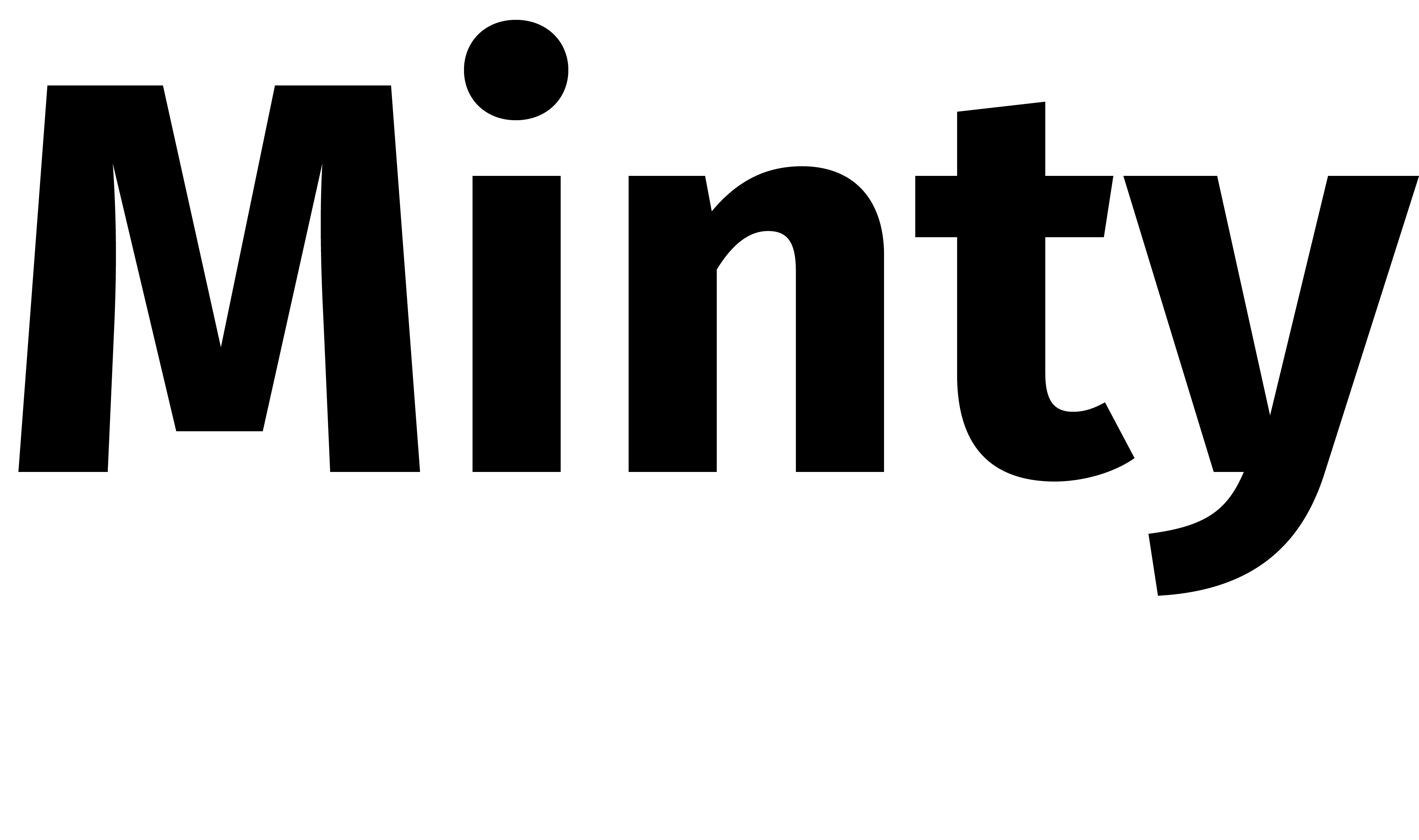Big bonus of self-employment: You’re your own boss! A challenge: Proving that you have the financial stability needed to get a mortgage loan.
I’m here to tell you today that it IS possible for you to get a loan. There are just a few extra steps you may need to take before you’re off shopping for a new home with a pre-approval in hand.
Here’s What We Take A Look At
A self-employed borrower is any individual who has 25% or greater ownership interest in a business. According to Fannie Mae, underwriters consider the following factors to approve a self-employed borrower.
The stability of the borrower’s income
The location and nature of the borrower’s business
The demand for the product or service
The financial strength of the business
The future outlook of the business
Stability and Consistency
Financial stability is usually measured by looking back at least two years in financial records. For some self-employed individuals, this may not be possible if you just started your business within the last year. In this case, we will look at your previous employment to determine if it was in similar to the scope or nature of the business you currently own. If it is, we can use the past employment and income together with your current self-employment records. If not, we may need to wait longer or find other ways to verify your financial stability.
Strength in Numbers
Be sure as a self-employed individual that you keep up with a monthly profit and loss statement. This is the most accurate way of keeping numbers current and showing the strength of your business. When it comes time for tax reporting, only income that shows on your records will count toward your buying power for a mortgage.
Be Willing to Share the Details
Going independent can be challenging in many ways. We’re here to help make sure getting a mortgage isn’t on your “trouble” list. When you’re ready to meet with me to discuss your finances and your home buying goals, be sure to have an outline ready of your income and debts for the past 2+ years. If there are significant changes in your income during that period of time, let’s talk about why that is. Explanations and details matter!
I look forward to working with you soon!
Sources: Fannie Mae, The Mortgage Reports, & BizTimes
Home Connect LLC and its loan officers are not tax advisors. Always consult a tax professional for details.











Comentarios